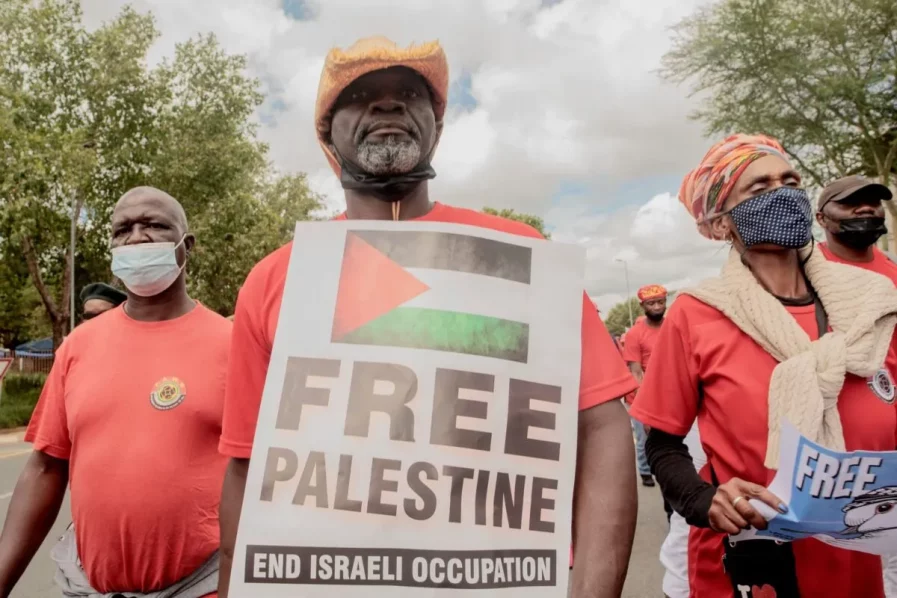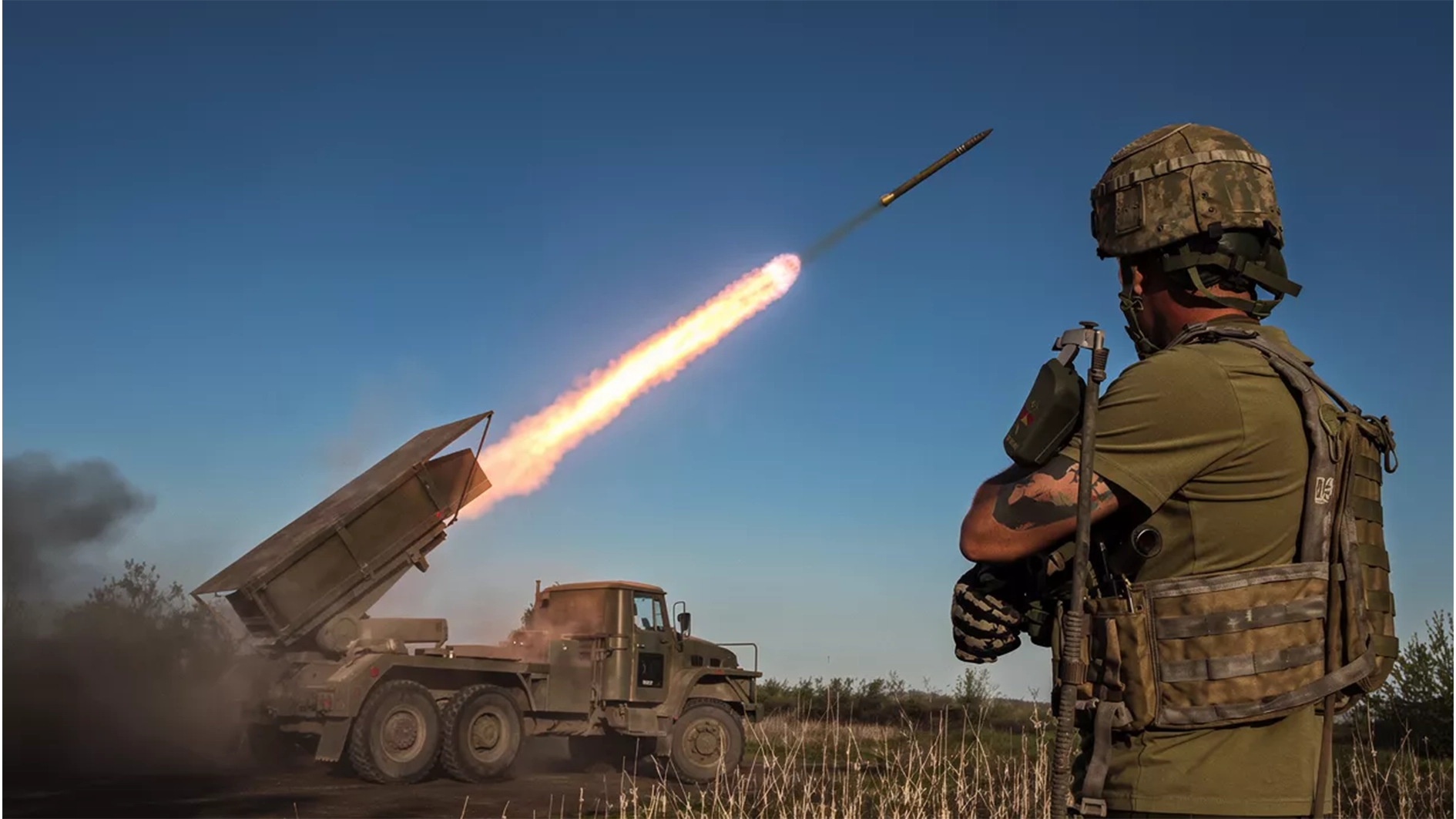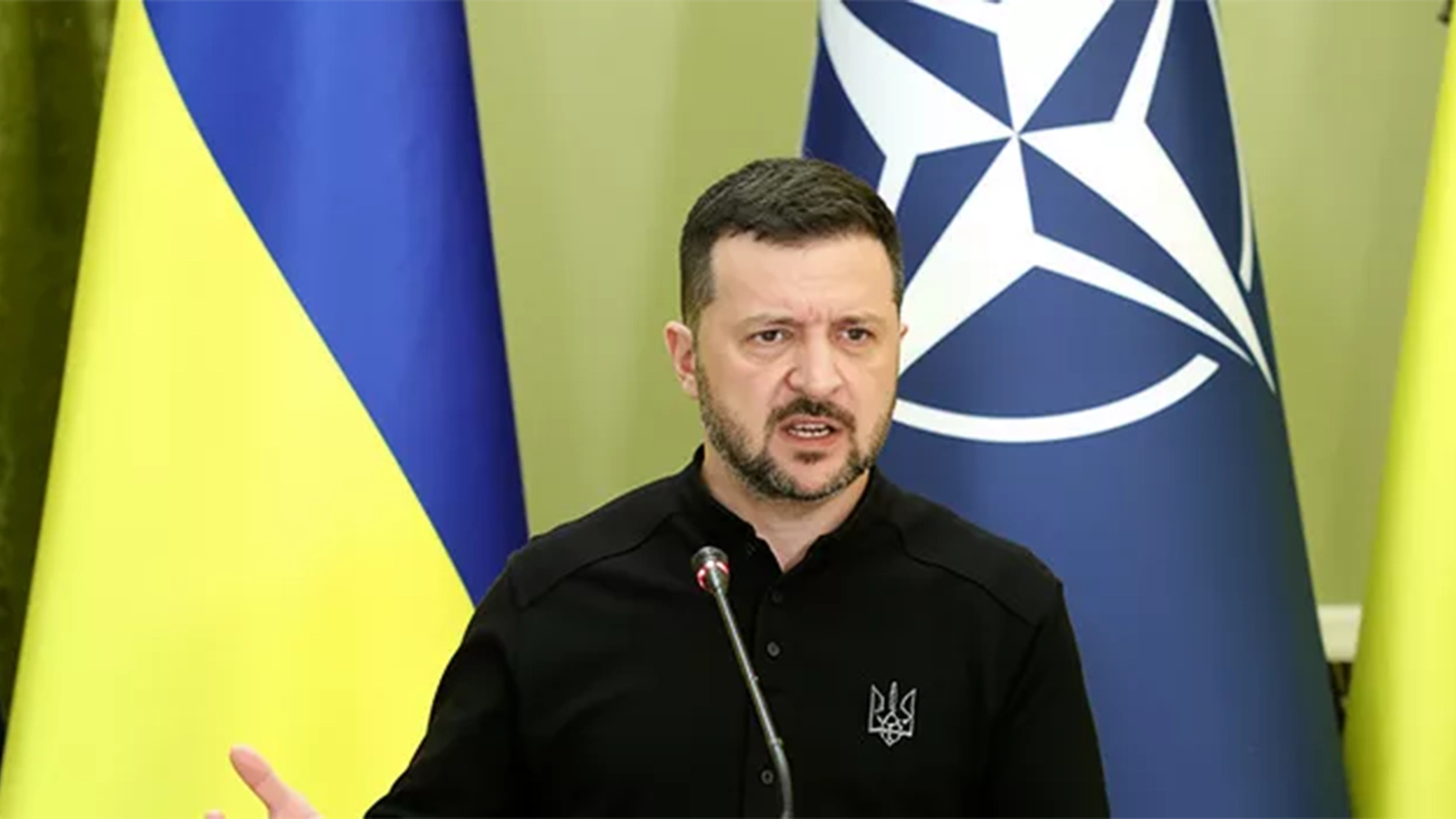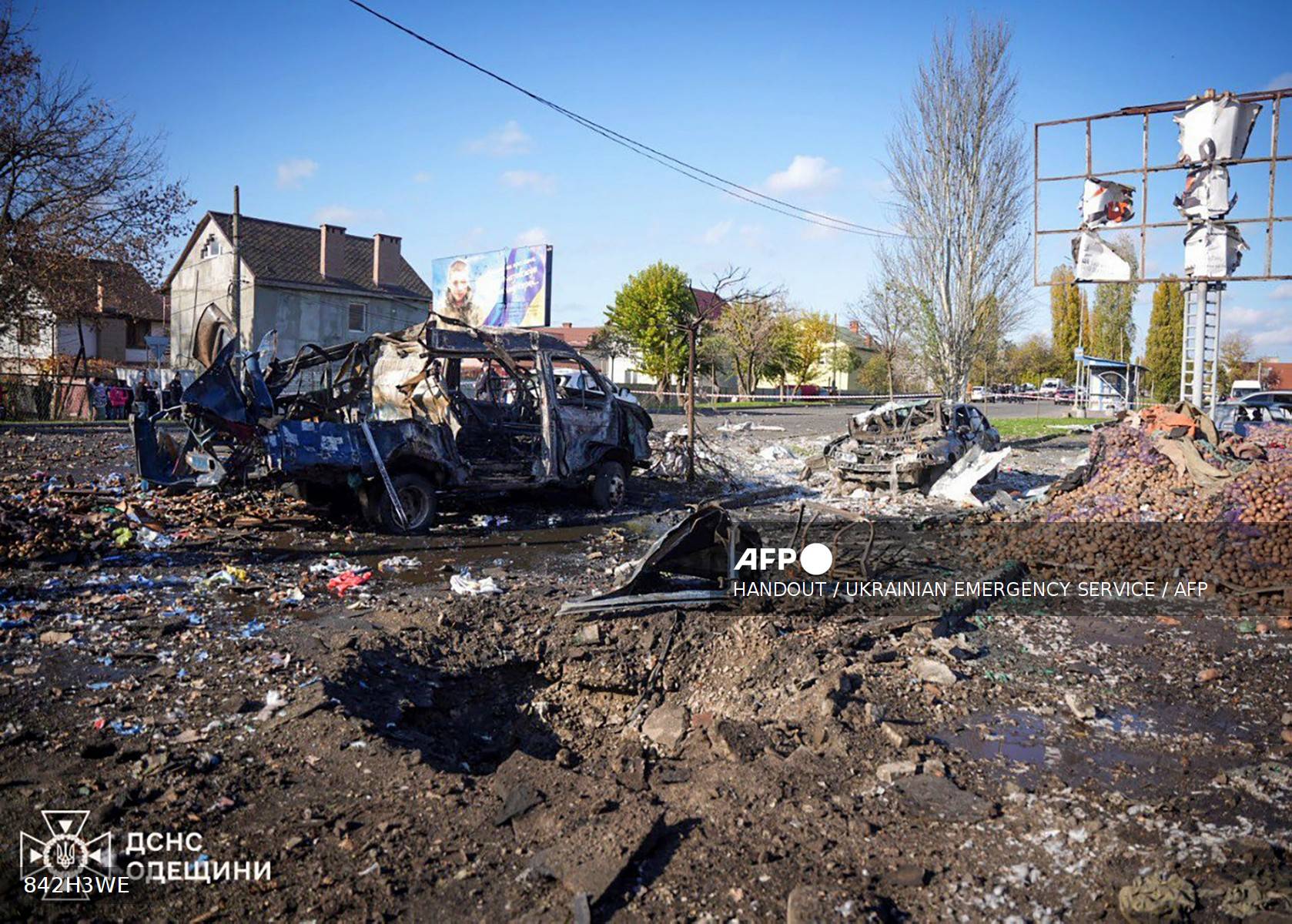
Ireland’s leader said his nation would recognise Palestine as a state but did not specify timing, while leaders of Norway and Spain said their nations would do so as of May 28.
Norwegian Prime Minister Jonas Gahr Store made the announcement in Oslo, Spain Prime Minister Pedro Sanchez in Madrid and Irish Prime Minister Simon Harris in Dublin.
Israel immediately announced it was recalling its envoys to Ireland and Norway for “urgent consultations”.
“Today, I am sending a sharp message to Ireland and Norway: Israel will not go over this in silence,” Foreign Minister Israel Katz said in a statement, adding that he planned to do the same with he Spanish ambassador.
The Israeli foreign ministry had earlier posted a video message addressed to Ireland on the social media platform X warning that “recognising a Palestinian state risks turning you into a pawn in the hands of Iran and Hamas”, adding the move would “only fuel extremism and instability”.
Israel has said plans for Palestinian recognition constitute a “prize for terrorism” that would reduce the chances of a negotiated resolution to the war in Gaza, which began on October 7 when Hamas militants stormed into southern Israel.
– ‘Only alternative’ –
But Norway — which has played a key role in Middle East diplomacy over the years, hosting Israeli-Palestinian peace talks at the beginning of the 1990s which led to the Oslo Accords — said recognition was needed to support moderate voices amid the Gaza war.
“In the midst of a war, with tens of thousands killed and injured, we must keep alive the only alternative that offers a political solution for Israelis and Palestinians alike: Two states, living side by side, in peace and security,” Store said.
“Recognition of Palestine is a means of supporting the moderate forces which have been losing ground in this protracted and brutal conflict,” he said.
“This could ultimately make it possible to resume the process towards achieving a two-state solution and give it renewed momentum,” he added.
Spain’s Sanchez said in parliament in Madrid: “Next Tuesday, May 28, Spain’s cabinet will approve the recognition of the Palestinian state,” he said, adding that his Israeli counterpart Benjamin Netanyahu was putting the two state solution in “danger” with his policy of “pain and destruction” in the Gaza Strip.
And Ireland’s Harris hailed a “historic and important day for Ireland and for Palestine.”
For decades, the formal recognition of a Palestinian state has been seen as the endgame of a peace process between Palestinians and their Israeli neighbours.
The United States and most Western European nations have said they are willing to one day recognise Palestinian statehood, but not before agreement is reached on thorny issues like final borders and the status of Jerusalem.
But after Hamas’s October 7 attacks and Israel’s retaliatory campaign in Gaza, diplomats are reconsidering once-contentious ideas.
In 2014, Sweden, which has a large Palestinian community, became the first EU member in western Europe to recognise Palestinian statehood.
It had earlier been recognised by six other European countries: Bulgaria, Cyprus, the Czech Republic, Hungary, Poland and Romania.
Hamas’s October 7 attack resulted in the deaths of more than 1,170 people, mostly civilians, according to an AFP tally based on Israeli official figures.
Hamas also took 252 hostages, 124 of whom remain in Gaza including 37 the army says are dead.
Israel’s retaliatory offensive has killed at least 35,647 people in Gaza, also mostly civilians, according to the Hamas-run territory’s health ministry.






